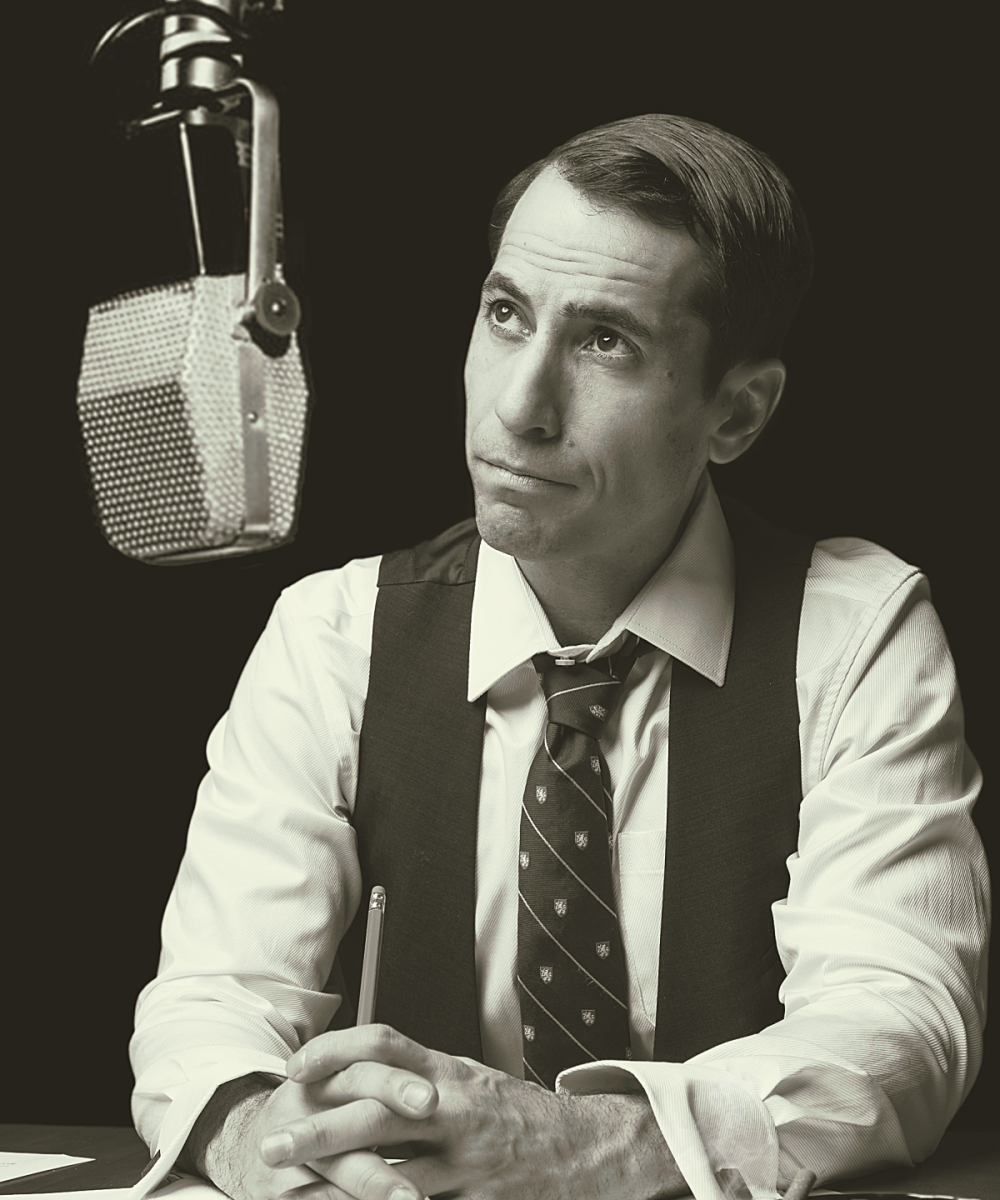The 78-year-old former Secretary of State sat in thoughtful repose as he listened intently to distinguished panelists speak at Hughes-Trigg Wednesday.
Henry Kissinger was present as a panel lecturer and keynote speaker at a conference on “Ethical and Moral Dimensions of America’s War on Terrorism” held from 1 to 5:30 p.m. Wednesday.
SMU’s Cary M. Maguire Center for Ethics and Public Responsibility and the John Goodwin Tower Center for Political Studies in the Dedman College of Humanities and Sciences presented the conference.
“Our current situation in foreign policy is like none we have previously experienced,” Kissinger said. ” We face a problem with no end. We have to learn to deal with this.”
Kissinger said that when he was in government service under former presidents Richard Nixon and Gerald R. Ford, America’s foreign policy was deterrent. They were “dealing with leaders who had a degree of rationality on the Soviet side and could calculate how the Soviets were likely to respond.”
“We knew that the Soviet Union was interested in survival and would not jeopardize it,” Kissinger said. “Here, we are dealing with individuals and groups whose desire is the end of life. Individual deaths are not an obstacle but an incentive.”
Kissinger agreed with the Bush administration’s policies following the attack on America. He said that it is necessary to cut terrorists off from financial services and discourage governments who give sanctuary to these people, who become outlaws who must focus their time and energies on survival.
Kissinger explained that the major reason for the shock that Americans felt after the Sept. 11th attack was that they now faced an enemy that they were unaware that they had. Kissinger said that in this case there could be no negotiated peace as there was in past wars.
“There are places in the United States that grant these people sanctuary,” Kissinger said. “When someone arranges for people to spend months training to fly a 737 and not to land, we have to wonder why the police were never called. At the very least, these people (the terrorist pilots) should have been locked in an asylum as should anyone who is interested in flying, but not landing.”
Kissinger explained that there is also a growing Middle-Eastern population in Europe and other parts of the world, which will provide aid to terrorists. He said that some countries allow the terrorists to operate training camps as long as the terrorists do not operate in the country.
He explained that some countries allowed terrorists to operate training camps because they agree with them or are sympathetic to their causes. Yemen and Syria are examples of countries that used to be sympathetic to the terrorists, but are now re-evaluating their policies following negotiations with America.
“This took a major change in U.S. policy,” Kissinger said. “It occurred during a time of major change. Russia is stabilizing its government, we are looking at our policies with China, we have a new president and every part of the world is in contact with every other part. This is all new.”
Kissinger felt that the reference to the terrorists as “Axis Evil Power” was designed to call attention to the fact that terrorism is a very serious problem. Because of this reference, he felt other countries that had previously thought there was not a problem were taking another look at the issues.
Kissinger said the real problem that the United States is facing is its policy of non-intervention vs. humanitarian intervention.











